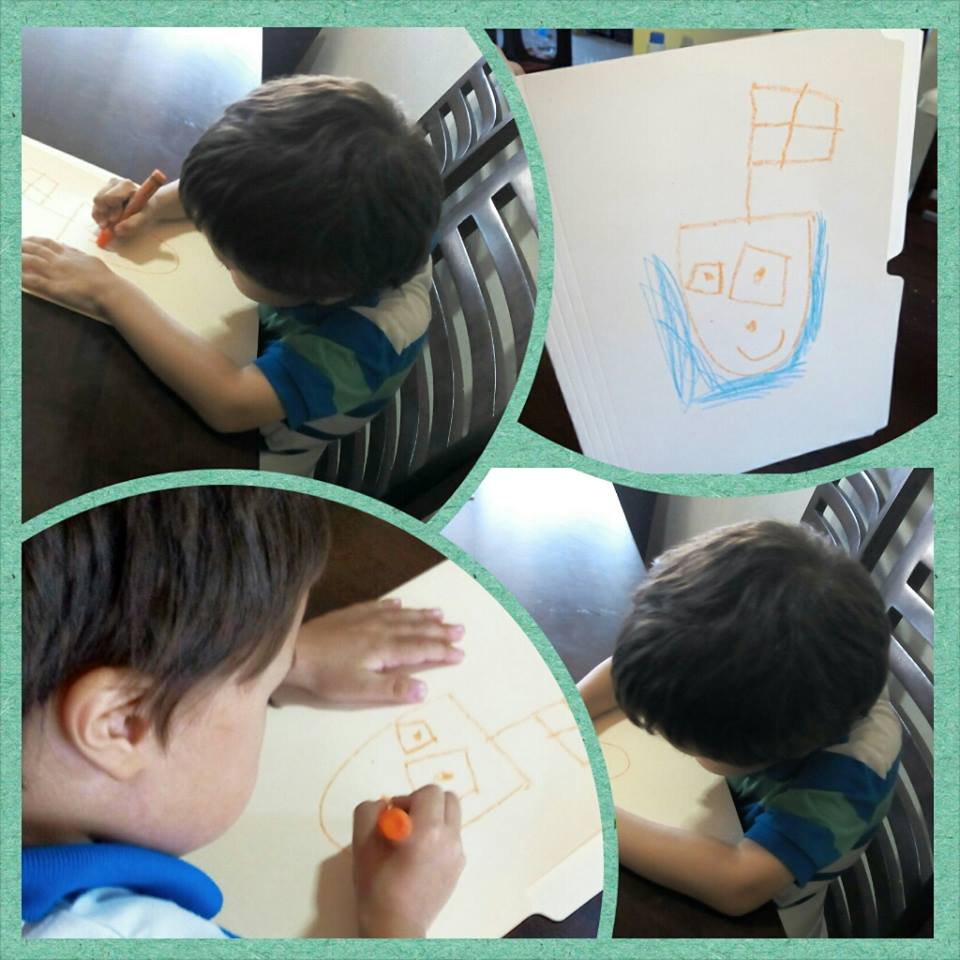B is Not an A
Guest blogger Laura Sanchez has a PhD in Neuroscience and Education, specializing in reading acquisition. Currently she is a researcher and associate professor at UNIBE in Santo Domingo. She teaches “Neuroscience and Education,” “The Teacher as a Researcher,” and supervises students’ theses. When she’s not teaching, she writes grants, conducts studies, and publishes findings. She juggles all of this along with changing diapers, overseeing homework, and driving kids to their after-school activities. She writes this piece from the dual perspective of mother and educator.
Mom: John, why are you so upset? John: Because my teacher won’t give me an A on this homework.
Mom: So what grade do you think you’ll get?
John: B.
Mom: B is not a bad grade, honey. B means you did a pretty good job. John: Yes. But B is not an A.
This could be a typical conversation between a mom and a high school student, one who understands that there are requirements on his performance. And that sometimes what a teacher thinks has an impact on the way he gets assessed.
But no. The boy quoted above is not a typical high school student. He is a four-year-old child who, by the end of the last sentence, was crying.
How useful is it for us to give a letter grade to a four-year-old? Does a young child really need an abstract representation of their good or bad performance?
Please don’t get me wrong. Quantification is often necessary – for records, national standards, accreditation, diagnosis, research. But there must be a way to share more valuable information about a child’s performance. A letter grade doesn’t offer much feedback on improvement. It doesn’t tell the child exactly what he doesn’t know, what he needs to change, and how to accomplish it.
In addition, a letter grade judges the homework’s value on teachers’ expectations only, potentially leaving the child with the passive role of “pleasing” the teacher: “If I do this the way my teacher likes it, then she will give me a good grade.” The child’s natural curiosity and drive for learning can get swept away by external expectations and external gratification. Curiosity and drive for learning is exactly what we don’t want to lose from childhood.
This can be especially problematic for children who are born perfectionists and overachievers, who do not tolerate anything less than excellence. When perfection is defined as one clear-cut, never-changing letter, this can add an unnecessary layer of anxiety to the learning process, especially for a very young child.
As the mom of the kid quoted above (yes, I’m his mother… and no, his name is not John), who struggles with perfectionism, I have decided to ask him questions about his homework to help him think through his learning process. The protocol goes like this:
- What was your favorite part of this homework?
- What was your least favorite part of this homework?
- What was the easiest thing to do?
- What was the hardest thing to do?
- What do you think you did great?
- What do you think you can improve?
- What are you going to do tomorrow to make sure you improve it?
This might not have a huge impact in the short run. He’ll probably make the same mistakes the next day but I hope it helps him start thinking about his own learning process and his own performance. If there’s one thing I’m 100% sure of, though, it’s that this considerably reduces the amount of consolation I need to provide when he comes home with a B.


I think we could ask another question to the list: What have you learned from this homework?
And here is another: Do you have any other ideas to help you learn more about this theme or subject?
Helping our kids reflect on their own thinking process will help them know themselves better and feel secure about what they have learned.
Great questions Maria Pia. And I agree with you….reflection is such an important part of the learning process. We often forget that.